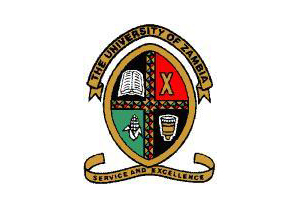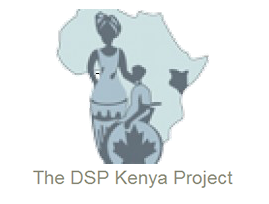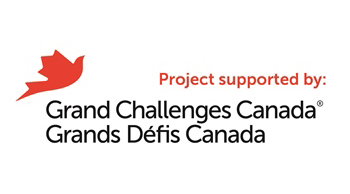1.9 – What is the relationship between disability, poverty, HIV and rehabilitation?
Disability, poverty and HIV are linked in a vicious cycle
People with disabilities are more likely to experience poverty, and people in poverty are more likely to develop disabilities. This also extends to the families of people in poverty.27
HIV can also become part of this cycle – that is, HIV can result in disability, and HIV can also exacerbate poverty for many people.
Similarly, having a disability or being in poverty can make a person more vulnerable to HIV or AIDS.
Examples
For example, if a person living with HIV is the main breadwinner in a family, her/his illness and resulting disability can worsen the poverty of that household. Worsened poverty can result in poor nutrition for the entire family, and also for the person living with HIV – which can be especially challenging if that person is also taking medications that require good nutrition.
Most countries in sub-Saharan Africa do not have strong financial support systems to help people living with disabilities. This worsens the cycle.
Rehabilitation offers a strategy for breaking this cycle by reducing disability and supporting people to optimize their function, participation and independence. In addition to clinical roles, rehabilitation providers also have an advocacy role to play in addressing the wider determinants of health that can exacerbate disability.
Is HIV itself a disability?
The answer to this question depends on what you mean by disability. In this resource, we consider people with disabilities to include those who have long-term physical, mental, intellectual or sensory impairments which in interaction with various barriers may hinder their full and effective participation in society on an equal basis with others.28 This is the definition in the Convention on the Rights of Persons with Disabilities (CRPD) so we do not consider HIV to be a disability in this resource.
However, in certain social support systems, being HIV-positive may qualify people for a "disability grant" or other forms of financial benefit.29, 30 In these unique instances, people may consider HIV to count as itself a disability.
27 Banks L.M., Kuper, H., and Polack, S. (2017). Poverty and disability in low- and middle-income countries: A systematic review. PLoS ONE 12(12): e0189996. Available at https://doi.org/10.1371/journal.pone.0189996
28 United Nations Enable. Convention on the Rights of Persons with Disabilities. http://www.un.org/disabilities/default.asp?id=150.
29 Booysen F. Social grants as safety net for HIV/AIDS-affected households in South Africa. SAHARA J. 2004 May;1(1):45-56. PubMed PMID: 7600999. http://www.ncbi.nlm.nih.gov/pubmed/17600999.
30De Paoli MM, Mills EA, Gronningsaeter AB. The ARV roll out and the disability grant: a South African dilemma? Journal of the International AIDS Society. 2012; 15: 6. Published online Feb 16,
2012. doi: 10.1186/1758-2652-15-6 PMCID: PMC3305561.

 Previous Page
Previous Page




